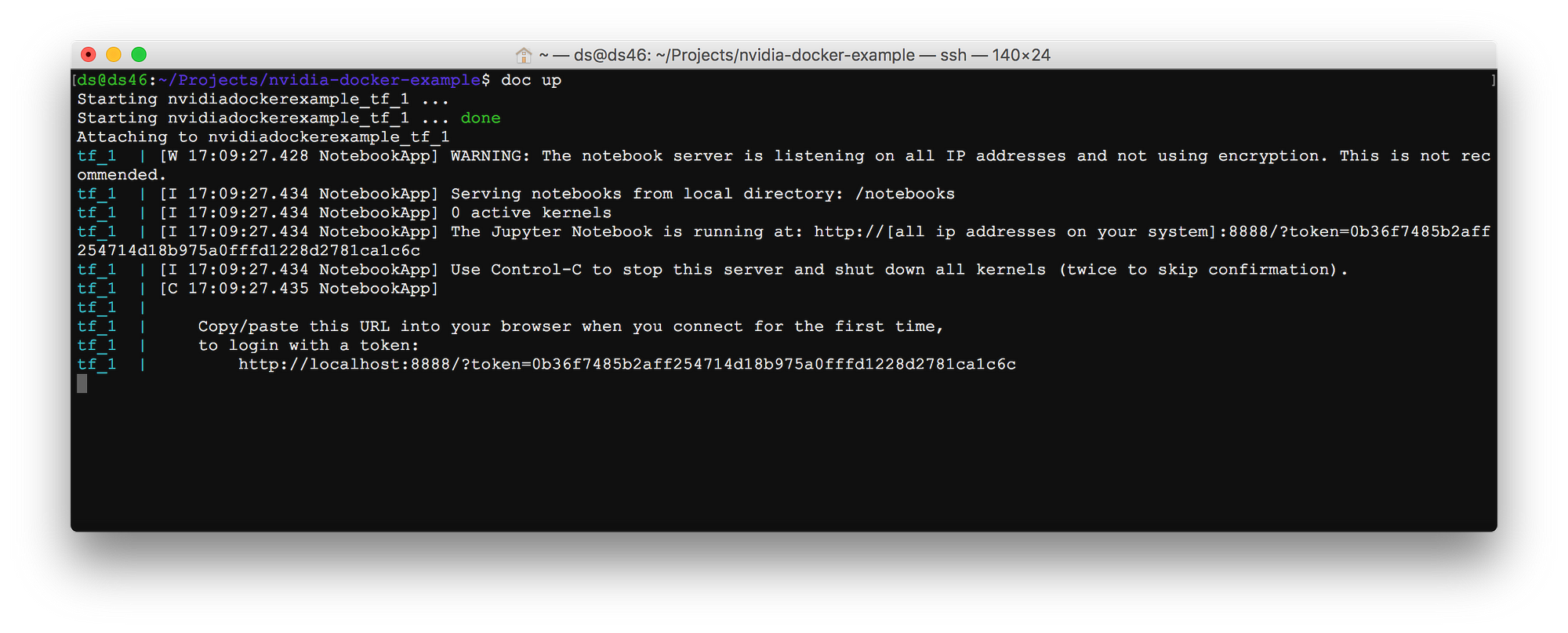

- #Cuda driver for resolve on mac how to
- #Cuda driver for resolve on mac Patch
- #Cuda driver for resolve on mac upgrade
- #Cuda driver for resolve on mac software
- #Cuda driver for resolve on mac code
Having watched a good video on it the other week I have a slight clue. Those posts are now a few years old so it would be interesting to see where things are today. Other than this I agree a more industrial approach is better than write once and throw away inspired coding practices. I also think demanding to use Rust when the Linux kernel itself has only just started using it is a bit on the demanding side. Personally I’d rather they began with that and explained themselves better.
#Cuda driver for resolve on mac code
The point about a clean architectural design is good as is code quality and interface design and scope. They makes some good points but I think their shoutiness and conflating issues gets in the way. If you’re going to do something that grand and all-consuming, at least put in the effort to get it right.Īnd in fairness, here is Lennart’s reasoning behind systemd: for the links. It’s a great idea, a great concept, trying to bring the various distros under one umbrella of system management, but the implementation is what sucks.
#Cuda driver for resolve on mac software
How can anyone trust core system software that the devs refuse to fix when it breaks? Why would I want to use it on a mission critical server knowing that the devs don’t care if one of their bugs takes down my whole system? Distro maintainers have been forced to work around its bugs and massage it into allowing basic things like not hanging the system randomly or preventing simple tasks like creating and deleting users, things that were never an issue before systemd took over. This attitude of “we don’t care if it’s broken, we won’t fix it, deal with it, fuck the users” from the systemd developers is my biggest issue with the project as a whole.
#Cuda driver for resolve on mac Patch
Linus Torvalds lamenting that because the systemd developers refuse to fix show-stopping bugs, the kernel devs are forced to patch around it in the kernel, which should never, ever be the case (userland should never dictate what happens in the kernel):

But since you don’t want to hear my anecdotes, here’s some links to other sources: I’ve had it hang at boot, hang at shutdown, scramble error logs, prevent X from starting with no error message or log output, and a few other nasty things. And that’s been my experience systemd is occasionally buggy and does what it wants instead of what I want it to or expect it to. I’m not sure how you got “out of control monster” from my “mostly stable” description to me “mostly stable” means “occasionally unruly”, I apologize if that wasn’t clear enough. I’m curious why you picked the language “tame it” and “mostly stable” like systemd is an out of control monster. But in practice if you don’t then your software is incompatible with distros running systemd. In theory you still don’t have to use systemd or it’s tightly coupled API. If your container manager creates and manages cgroups in the system’s root cgroup you violate rule #2, as the root cgroup is managed by systemd and hence off limits to everybody else.

You can still have controllers, but now they have to do through systemd’s privileged APIs and they can’t call the kernel directly. Containers can no longer directly provision their own cgroups. Like it or not though linux kernel control groups moved to version 2 and put systemd in the privileged position of managing root cgroups exclusively. There were many awesome tools including LXC employing cgroups before systemd. I’ve been burned by those things as well. Using this metric, SystemD is the worst tool for the job. The only thing I want from the init system is not to fail and be easy to fix when it does. – I tried using cgroups to set application limits only to find this mechanism is now under a sole control of SystemD, who knows what for.īooting process is trivial and in most cases unimportant – I reboot my laptop once a month, usually when I forget to plug it in. I’ve added an extra container and another unrelated and more important container stopped booting. – Only one LXC container with SystemD can run at a time.
#Cuda driver for resolve on mac how to
– Installed a server daemon shipped without SystemD units – half a day spent learning how to set it up just to have it running at startup. Fixed after an hour of googling on a phone.
#Cuda driver for resolve on mac upgrade
– System not booting after an upgrade due to systemd errors. I’ve been burned with SystemD several times, and it is several times too many for an init system. Since when exactly an init system needs porting? SystemD being overengineered, fragile and buggy is a fact.


 0 kommentar(er)
0 kommentar(er)
